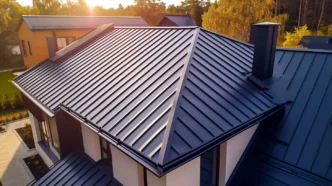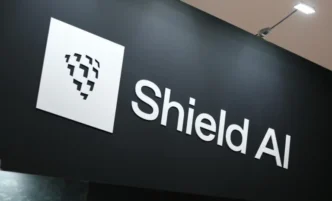Barcelona-based INBRAIN Neuroelectronics is advancing brain-computer interface (BCI) therapy using graphene — and now, it’s getting a significant boost. The Spanish Ministry of Industry and Tourism has awarded the company a €4 million grant under the country’s ambitious PERTE Chip initiative. This funding will fast-track the development of INBRAIN’s precision neurotechnology designed to treat brain disorders with minimal invasiveness and higher accuracy.
Traditional neuroelectronic treatments like deep brain stimulation (DBS) often fall short. They lack the precision needed to decode and modulate brain activity in real time. As a result, patients with conditions such as Parkinson’s disease, epilepsy, and stroke suffer from inconsistent results and side effects.
INBRAIN addresses these shortcomings with a new class of minimally invasive, graphene brain-computer interfaces. These devices offer ultra-high signal resolution and real-time adaptability, enabling more personalized and effective treatment.
Spain’s PERTE Chip Initiative Fuels Next-Gen Neurotechnology
The €12.25 billion PERTE Chip program aims to boost Spain’s role in semiconductor and deep tech innovation. It runs through 2027 and targets four pillars: research, chip design, local manufacturing, and SME innovation. The program is part of the EU Chips Act, which seeks to double Europe’s share of global chip production to 20% by 2030.
On May 5, 2025, Spain’s Ministry of Industry and Tourism announced provisional funding of €53.2 million across 37 projects. INBRAIN’s proposal stood out in the field of graphene-powered neuroelectronics, joining other high-impact ventures in AI, semiconductors, and cybersecurity.
“This support helps us accelerate our mission to revolutionize neurotherapies,” said Carolina Aguilar, CEO and co-founder of INBRAIN. “It also puts Spain on the map as a leader in neurotechnology and healthcare innovation.”
Catalonia’s regional government echoed this sentiment. Minister of Business and Labour Miquel Sàmper emphasized INBRAIN’s role in achieving Spain’s goal of technological sovereignty. “Supporting breakthroughs like INBRAIN’s is key to Europe’s medtech leadership,” he said.
Graphene Brain-Computer Interface Platform Offers Unmatched Precision
Graphene is what sets INBRAIN apart. Unlike traditional metals used in neural implants, graphene is flexible, highly conductive, and biocompatible. This allows INBRAIN’s BCI system to decode brain signals with over 80% accuracy—nearly double that of conventional materials like platinum.
Importantly, the graphene interface causes less inflammation and tissue damage, enabling stable, long-term neural recordings. This makes it ideal for treating disorders like Parkinson’s and epilepsy, where accurate brain signal reading and targeted stimulation are vital.
INBRAIN’s FDA Breakthrough Device Designation for Parkinson’s therapy marks a major milestone. The platform uses AI to read brain signals in real time and automatically adjust stimulation settings. This reduces the risk of side effects such as speech issues and unwanted muscle contractions often linked to traditional DBS.
Beyond central nervous system disorders, INBRAIN is expanding into peripheral applications through its subsidiary, INNERVIA Bioelectronics. In partnership with Merck KGaA, the company is working on neuromodulation therapies for conditions like hypertension and autoimmune diseases. Their approach focuses on baroreceptor and vagus nerve stimulation, offering alternatives to medications with harmful systemic effects.
Early clinical data is promising. INBRAIN reports faster response times, 70% lower energy consumption, and significantly higher signal accuracy than legacy devices.
With backing from academic institutions like ICN2 and IMB-CNM and private partners like Indra and Fagor Electrónica, INBRAIN exemplifies the collaborative deep-tech model driving Catalonia’s innovation economy.
As Spain pushes forward with its PERTE Chip agenda, INBRAIN Neuroelectronics is poised to lead in developing safer, smarter, and more adaptive brain-computer interface solutions using the power of graphene.













